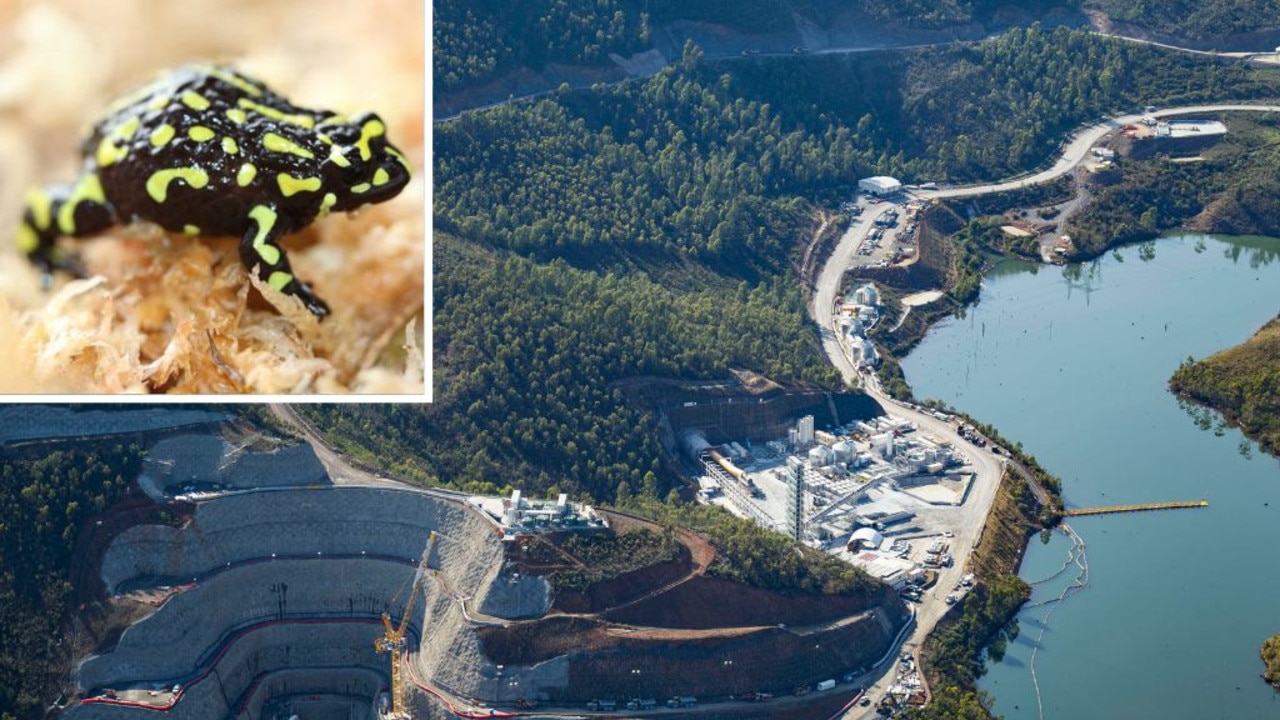Academic website The Conversation bans climate change sceptics, locks dissenter accounts
A leading website blocks comments and locks the accounts of climate change sceptic ‘trolls’.

Academic website, The Conversation, has banned publication of comments that dispute man-made climate change and will lock the accounts of readers who attempt to post dissenting views.
As part of a global collaboration of more than 250 news outlets called Covering Climate Now, The Conversation said constructive positive discussions did not include having contact with “climate change deniers”.
The Conversation Australia said banning comments from contrarians was part of improving its climate change coverage.
MORE: Chris Kenny — Dark undertone to unscientific ban | UN bars coal nations from climate stage
“Once upon a time, we might have viewed climate sceptics as merely frustrating”, Editor and Executive Director, Misha Ketchell said.
“But it’s 2019, and now we know better,” he said.
“Climate change deniers and those shamelessly peddling pseudoscience and misinformation, are perpetuating ideas that will ultimately destroy the planet.
“As a publisher, giving them a voice on our site contributes to a stalled public discourse.”
The Conversation’s editorial team has been told to take a zero tolerance approach to moderating climate change deniers, and sceptics.
“Not only will we be removing their comments, we’ll be locking their accounts,” Mr Ketchell said.
“We believe conversations are integral to sharing knowledge, but those who are fixated on dodgy ideas in the face of decades of peer-reviewed science are nothing but dangerous,” he said.
“It is counter-productive to present the evidence and then immediately undermine it by giving space to trolls.”
The Covering Climate Now initiative includes more than 250 outlets world wide with a combined audience of more than one billion.
From September 15-23, participants have committed to emphasising climate stories.
A website on the initiative says the goal is to maximise coverage of the climate crisis and its impacts in the lead up to the United Nations Climate Summit on September 23.
Other participants include The Guardian, AFP, Bloomberg, The Christian Science Monitor, New Zealand Herald, Newsweek magazine and Al Jazeera.
The Conversation ban is in line with a push within the climate science community to de-platform those with unorthodox views.
A recent article in Nature Journal said climate scientists should increasingly exert their authority in scientific and public discourse.
It said professional journalists and editors should adjust the disproportionate attention given to contrarians.
A list of authors and scientists who should not be given a public voice included well known climate scientist Judith Curry.




To join the conversation, please log in. Don't have an account? Register
Join the conversation, you are commenting as Logout